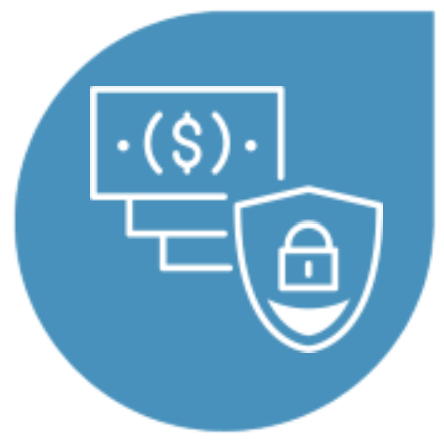Alternate format: Have you been hacked? - ITSAP.00.015 (PDF, 298 KB)
You try opening your files but you are denied access. Perhaps your devices are suddenly running slower. Maybe your internet searches are redirected or your passwords aren’t working. There could be perfectly reasonable explanations for these issues, such as using old hardware, not having enough memory, or having a full hard drive. However, there is also a chance that you may have been hacked. Below are the signs of a possible compromise on any of your devices:

Ransomware
This type of malware slows down your computer while it encrypts your data. Then, it demands a payment from you if you want to access your data. Ransomware is becoming more common, and it targets everyone from individuals to large organizations.

Strange browser behaviour
Have you noticed your web browser running slower than usual? Have you lost the ability to access or change browser settings? These are a few symptoms of browser hijacking. If your browser is hijacked, you may be forced to look at unwanted ads (making money for the hijackers), have unwanted bookmarks added to your favourites, or have your private information collected.

Frequent crashes
If the software you normally use without issues (including anti-virus and anti-malware software)causes you grief and crashes frequently, there is reason to suspect you may have been compromised.

Unusual online or account activity
Be on the lookout for password changes, mysterious sent email, unrecognized streaming media, and strange social media posts. Any one of these can indicate that you have been hacked.

Pop-up messages
Frequent pop-up messages on your device may not mean that you have been hacked, but they may indicate some kind of phishing scheme. Do not interact with the pop-up unless you are sure it is authentic.

Poor device performance
Mobile devices are being hacked more frequently. Signs can include reduced battery life, devices running hotter than usual, app screens that flicker, pop-ups that disappear before you can read them, additional permissions messages, or warnings about running out of storage. Be sure to keep your operating system up to date and install available security patches to lessen your risk of issues.

Be sure to consult with an IT security professional immediately if you think that your device or account has been hacked. Users of corporate devices should contact their IT department, users of personal devices should contact a reputable IT service provider.
More resources
The Cyber Centre has various publications to help you reduce your risk of being hacked, including: